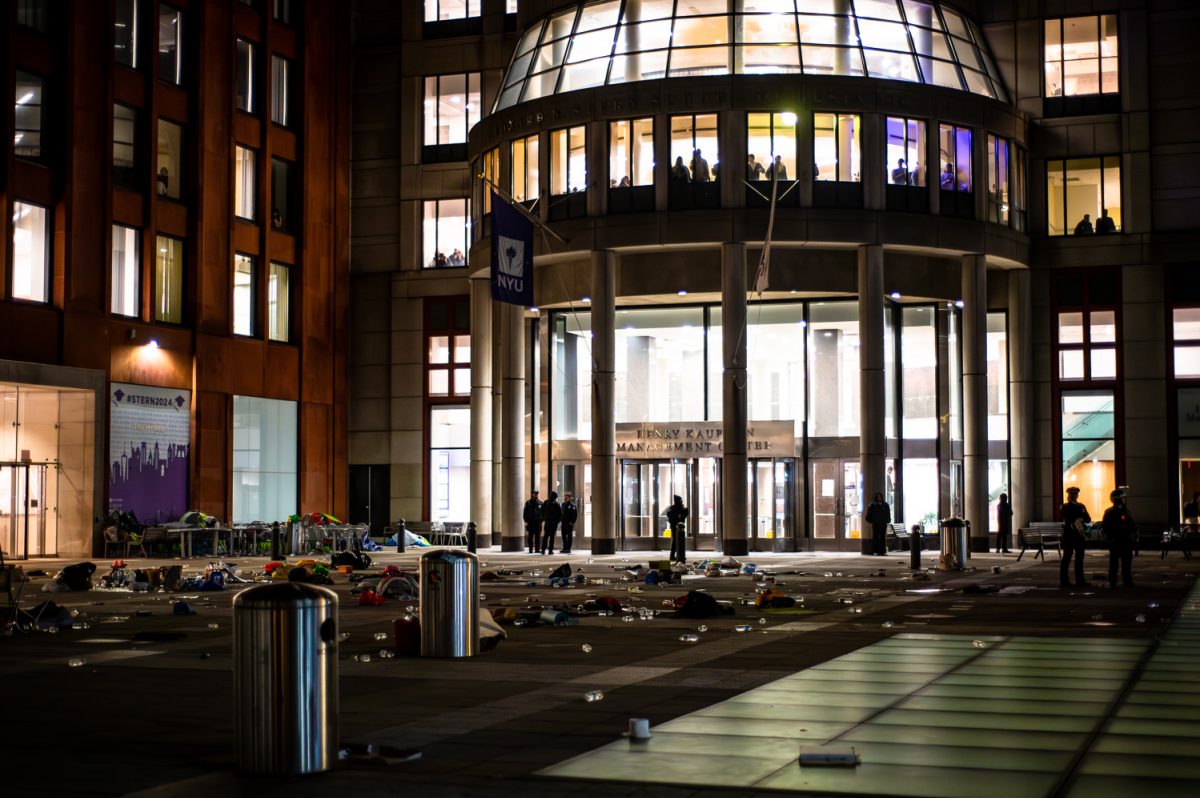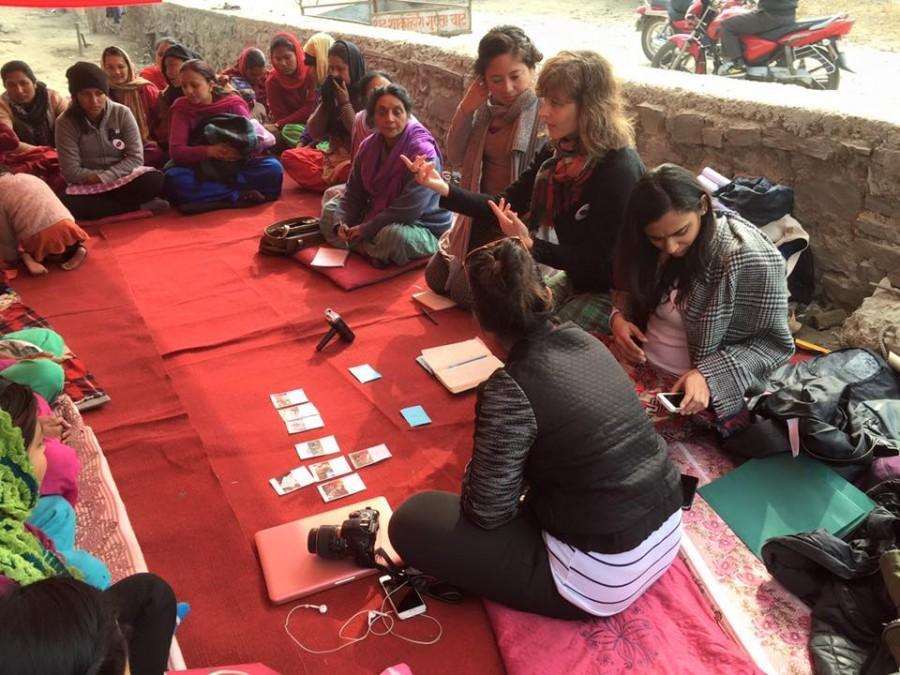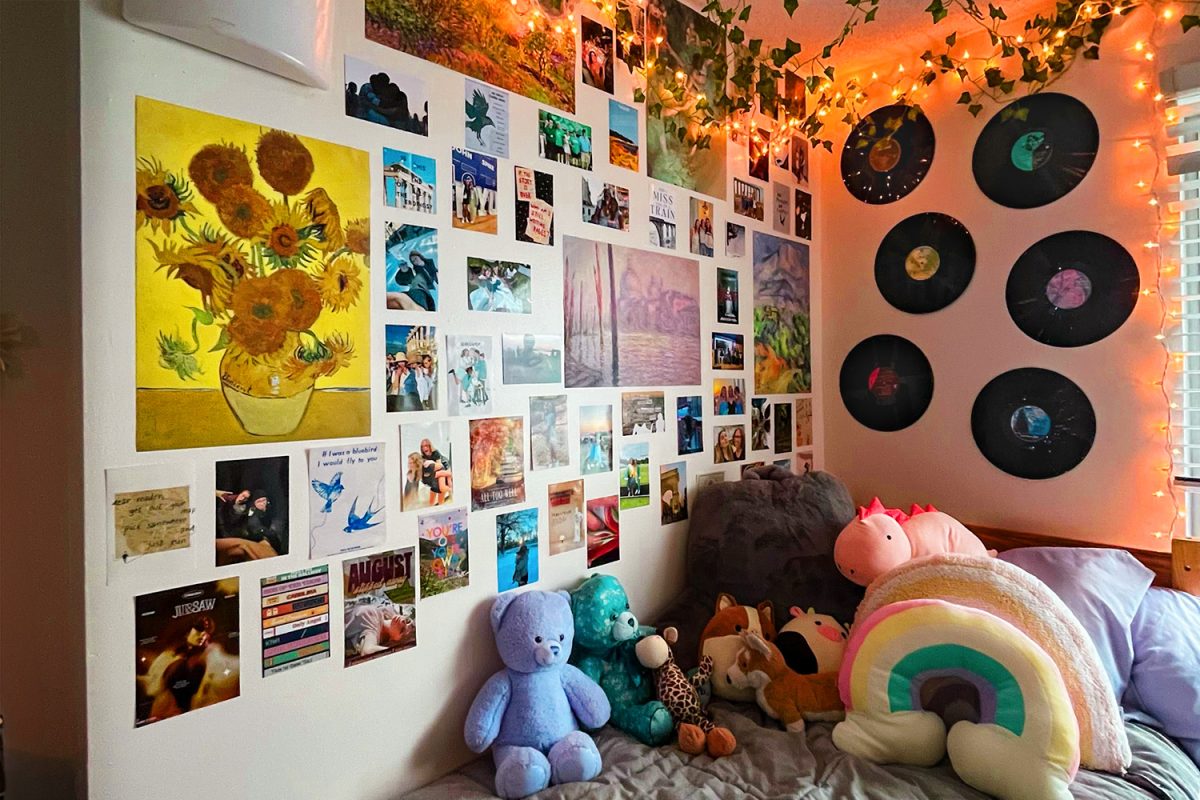NYU Students’ Social Impact Project Empowers Women in Nepal
March 3, 2016
NYU’s studio group Design for America set out for a 10 day trip to Nepal in order to test ideas of social-improvement that have been cultivated by human-centered design. This trip could serve as a measure for the DFA’s potential for future change
Design for America is a nationwide network of multidisciplinary student teams who use human-centered design to develop innovative solutions for local and social impact. At NYU, DFA is a student-run group advised by Tandon Engineering Professor of Management Anne-Laure Fayard.
The DFA team created the Bindi Project in collaboration with Nepalese nonprofit Women for Human Rights. The aim of the Bindi Project is to provide women in low-income neighborhoods with the knowledge, skills and support needed to become leaders in their local communities.
The project originated when the DFA posted the general idea of the Bindi Project on OpenIDEO, an open innovation platform that asks participants to develop projects that provide solutions for a number of socially pressing challenges. NYU’s DFA won the challenge and subsequently received the funding to begin the Bindi Project.
In January, the team of three students and Professor Fayard was invited by the Women of Human Rights Association to test the Bindi Project in Tripureshwar, a slum in Kathmandu. Here, the group would work with 36 women to prototype the training program.
This trip was meant to enrich the group’s understanding of the context and culture of the impoverished community while also serving as a research phase and trial for the Bindi Project.
Tandon graduate student and DFA team member Rajni Chada said the trip helped the team understand what the main issues were for these women and how the team could help empower them and make them more financially independent.
“Before we went I expected one of the biggest challenges would be the language and cultural barriers,” Chada said.
However, during their 10-day visit, the group used a variety of design concepts and visual activities to combat the language barrier. This method proved to be successful as the team gained insight on the women’s local concerns and had deep and lively conversations.
Tandon masters student and DFA team member Leslie Martinez said the trip was significant because it provided the team with insight about the community’s needs and will allow them modify the program accordingly.
“The project will continue in different shapes and forms, this is the beauty of human-centered design,” Martinez said. “There’s a framework built, but ultimately it depends on the context in which you’re working in.”
Fayard said the group has a number of plans to improve and develop the project and training program. Currently, the team is using their experience from their trip to refine the program. The ultimate goal is the development of a downloadable open source toolkit that other like-minded NGO organizations can use.
“Our collaboration with [Women for Human Rights] is still ongoing as we explore how to keep this program going after the pilot phase,” Fayard said. “In hopes of continuing to work toward self-empowering women in low-income backgrounds such as the slum in Kathmandu, the team is working with NGO organizations based in New York to further test their ideas.”
Email Ludovica Grieco at [email protected].











































































































































